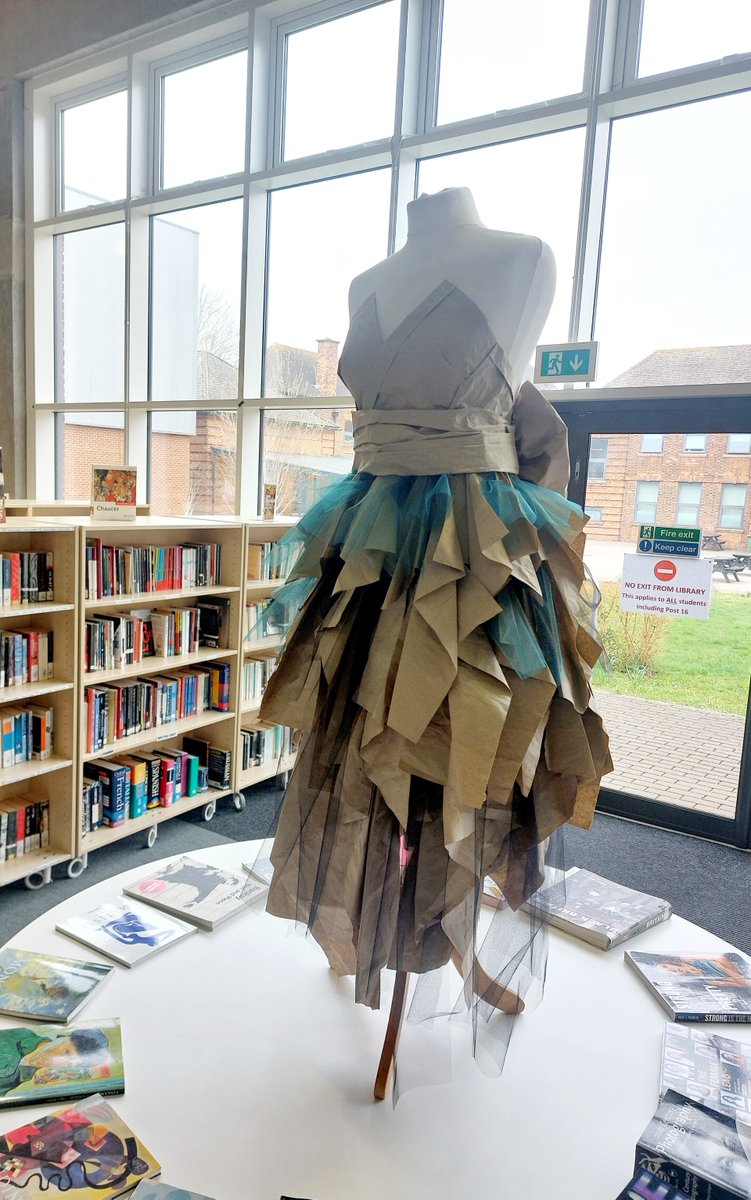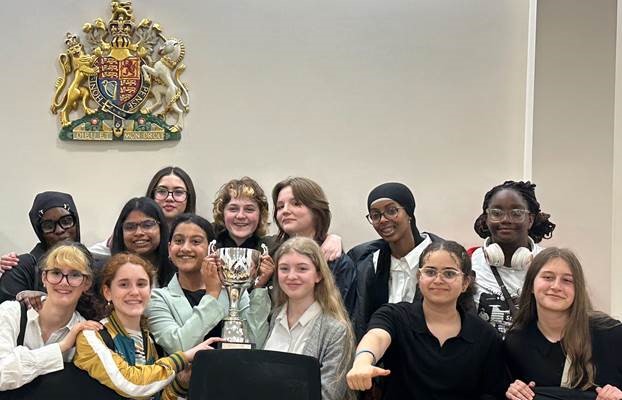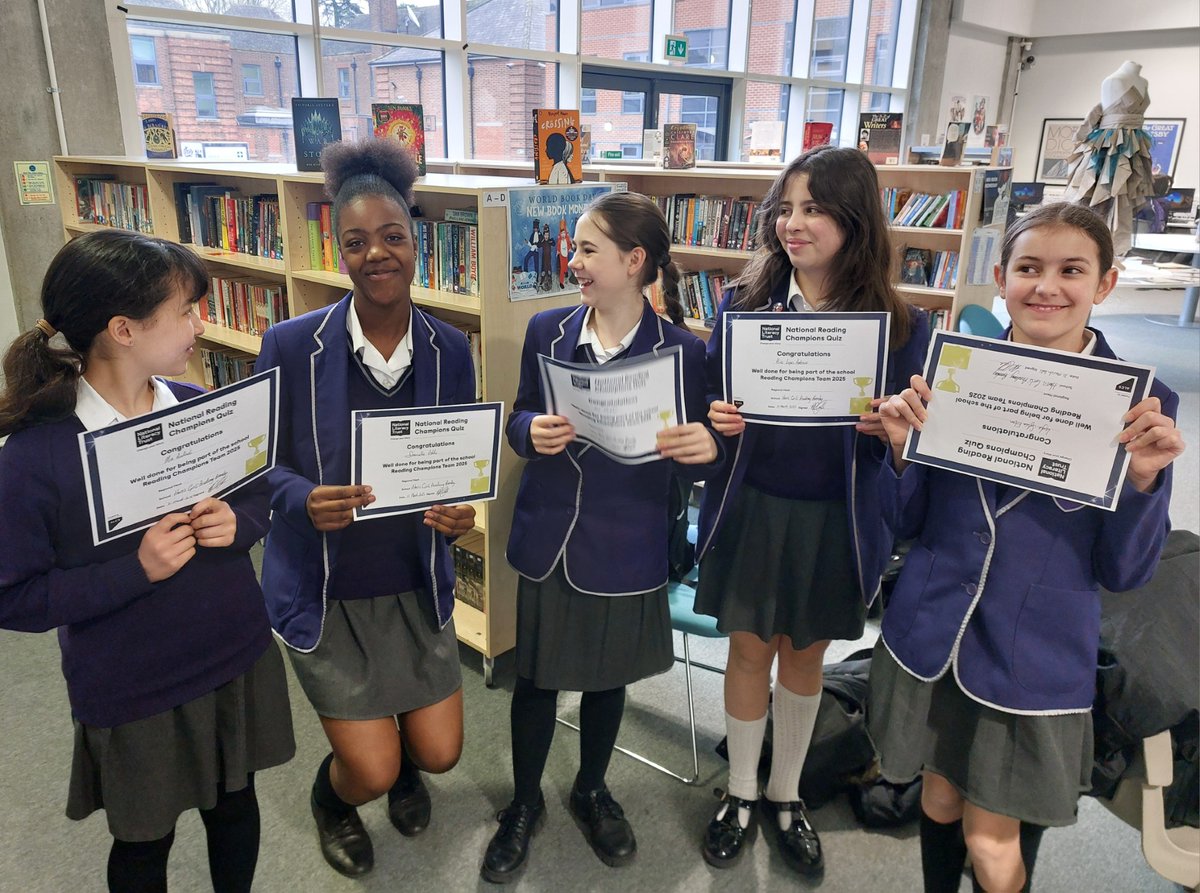Classics
We believe the study of the ancient Greek and Roman world is fundamental to a full understanding and grasp of the ancient world, modern language and modern civilisation.
By learning about the Latin language, students can sharpen their grasp of both the English language and other languages, become disciplined in the complexities of grammar and appreciate the richness of ancient and modern languages.
Learning Latin allows for an appreciation of the infinitely rich world of Latin literature, which remains a touchstone for all later European literature and contains profound and challenging insights into the human condition that are as relevant today as when the works were first composed.
We intend that through studying Classics our students should have a sophisticated cultural literacy, becoming familiar with the classical mythology which forms the bedrock of much modern art and literature. They will also gain an understanding of the ancient Greek and Roman foundations of philosophy and history and a cultural insight that allows then to reflect deeply about themselves and the lives of others. This can enhance their appreciation of cultural differences, so important in our modern, multi-cultural society.
By studying Classics, students will additionally develop a clarity of thought, attention to detail, and ability to argue a case. Our students will display sophisticated analytical and critical skills and hone their oration skills in argumentation, enabling them to assert their authority and presence in the world of education and preparing them for the world of higher education and work beyond.
DOCUMENTS
Curriculum Plan - Latin and Classical Civilisation Hinterland
Textbooks and useful resources
The Homeric Hymns, Hymn to Demeter: lines 1-104, 3014-474
Hymn to Heracles the Lion Hearted
Plutarch, The Parallel Lives: Comparison of Theseus and Romulus
Livy, The Early History of Rome, 1.0-1.1, 1.3.7-1.4, 1.6.3-1.7.3
Ovid, Metamorphoses
Virgil, Aeneid, 8.154-279
























